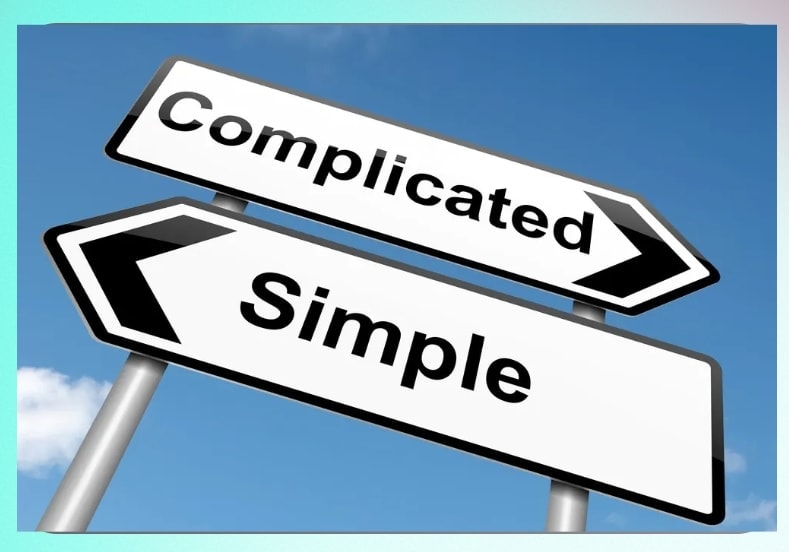4 Kanban myths that NEED to be dispelled! 🤯

Kanban is a method 🤷♂️
Maybe I’m being dumb - but what exactly is a ‘method’? Is it a methodology? A framework?
Google’s definition is as follows:
“a particular procedure for accomplishing or approaching something, especially a systematic or established one.”
I don’t know about you, but I’ve always found ‘method’ problematic to explain to people when it comes to Kanban - particularly those that misunderstand the word for ‘methodology’ or ‘framework’. If you have to constantly qualify a term with it’s definition, it’s probably not the way to go.
So what’s a better suited term?
Strategy. Strategy is a universally understood term that best fits how Kanban can be applied to a given context.
For years we’ve had to live with the false debate around ‘Kanban vs Scrum’; accepting Kanban as a strategy firmly puts that debate to rest. Both can and should co-exist (see the Scrum with Kanban guide).
There are prescribed ‘values’ in Kanban 👎️
I don’t know about you, but in the last few organisations I’ve been in I’ve had values coming out of my ears. Company values, department values, Scrum values, individual and team values.
Do we really need to add more values to the plethora of values we are already struggling to remember?! I’m struggling to see the value….
In Kanban, it is expected that a team or group will likely need to subscribe to a set of values in order to optimise their flow, but those values are not hardcoded within the strategy itself.
There are ‘Kanban’ meetings your team must follow 🤦♂️
Much like the response above, do people really need more prescribed meetings in their diaries? Do they really need to modify their diaries to accommodate another ‘method’/framework?’
I’ve found the prescription of new events problematic for a myriad of reasons, but the main reason I feel so strongly about this is because I want so desperately for Kanban to be SIMPLE.
At it’s core, it should be, yet up until a few years ago I was never convinced of it’s simplicity (until I met The Kanban Guide that is).
You must agree to take an evolutionary approach to change 🤯
I don’t disagree with taking an evolutionary approach to change when the context dictates that it might be the best approach. But prescribing this as a principle seems counter productive. What if the context dictates the opposite?
I’ve worked with countless teams that have an insatiable appetite for change, they want to try something new and see it’s impact on how they’re working. Taking an evolutionary approach isn’t always the best approach with change so I don’t agree that this is the one best way to do it.
Thanks for reading my slightly ranty post, rest assured I mean not to alienate other Kanban communities - only to enlighten and entice them 😇
